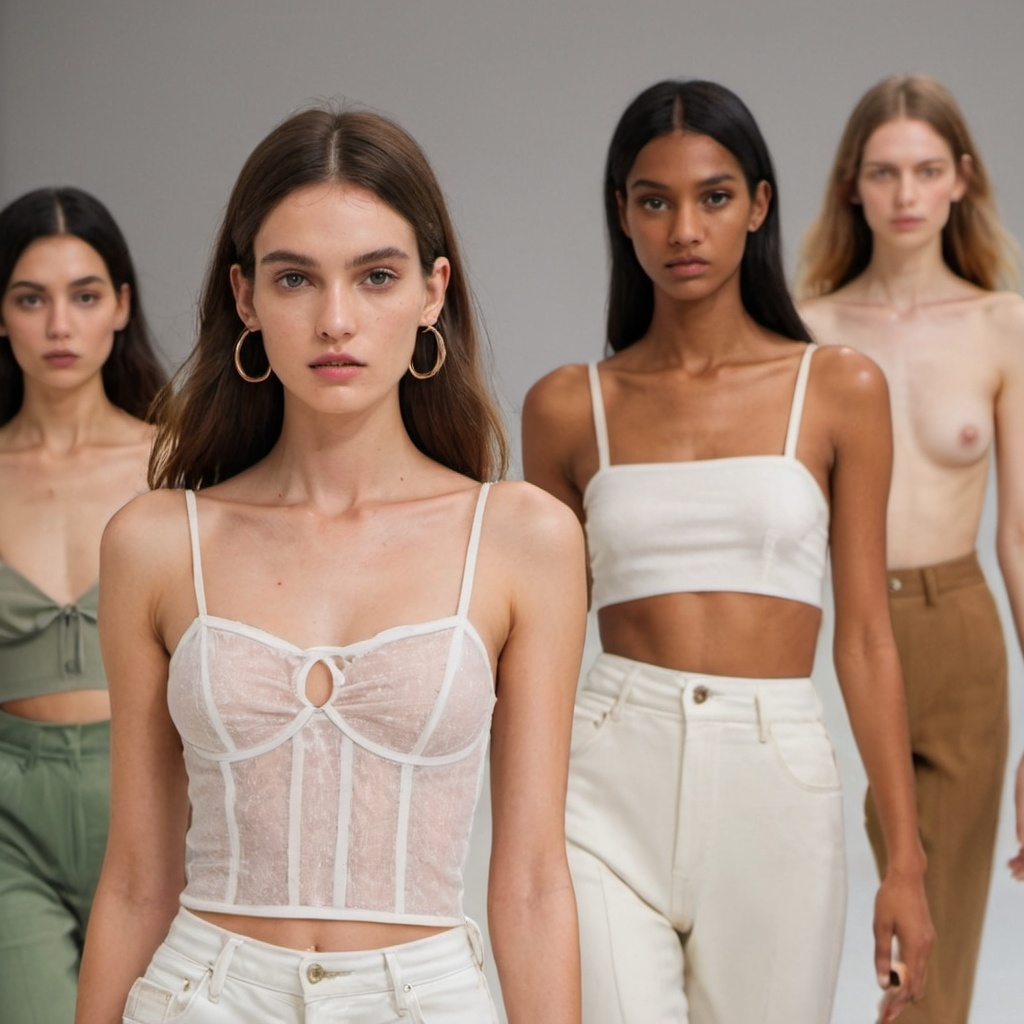Sustainable fashion is more than just a buzzword—it’s a crucial movement reshaping the fashion industry in 2024. As consumers become increasingly eco-conscious, the demand for sustainable practices in fashion continues to grow. Here’s why sustainable fashion trends are vital this year and how they’re transforming the industry.
1. Growing Environmental Awareness
One of the primary reasons sustainable fashion is gaining traction is the heightened awareness of environmental issues. From pollution and waste to resource depletion, the fashion industry has a significant ecological footprint. In response, sustainable fashion focuses on reducing this impact by using eco-friendly materials, minimizing waste, and promoting ethical production practices.
2. Innovative Materials and Processes
2024 is seeing a surge in the use of innovative, sustainable materials. Designers are experimenting with fabrics made from recycled plastics, organic cotton, and bioengineered materials that reduce environmental harm. Additionally, processes like zero-waste pattern making and waterless dyeing are becoming more prevalent, helping to further minimize the industry’s environmental footprint.
3. Ethical Labor Practices
Sustainability isn’t just about the environment; it also encompasses ethical labor practices. In 2024, there’s a strong emphasis on fair wages, safe working conditions, and transparency in supply chains. Consumers are increasingly demanding that brands ensure their garments are produced under humane conditions, leading to a rise in brands that prioritize ethical manufacturing practices.
4. Circular Fashion
Circular fashion is gaining momentum as a way to combat waste and extend the lifecycle of clothing. This trend involves designing garments that can be easily recycled, repaired, or repurposed. Many brands are now offering take-back programs and recycling initiatives, allowing consumers to return old items and support a circular economy.
5. Consumer Demand for Transparency
Today’s consumers are more informed and inquisitive about where their clothes come from. They demand transparency from brands regarding sourcing, production methods, and environmental impact. As a result, many fashion companies are adopting more transparent practices, including detailed product information and sustainability reports.
6. Rise of Vintage and Second-Hand Fashion
The popularity of vintage and second-hand fashion is on the rise in 2024. Shoppers are turning to pre-loved garments as a way to reduce waste and find unique pieces. This trend not only supports sustainable fashion but also promotes a more individualized style, as vintage items often have distinctive characteristics not found in mass-produced clothing.
7. Collaboration and Innovation
Collaboration between designers, brands, and environmental organizations is leading to groundbreaking innovations in sustainable fashion. Partnerships are helping to create new materials, develop better recycling techniques, and promote sustainable practices across the industry. These collaborations are essential for driving meaningful change and pushing the boundaries of what’s possible in sustainable fashion.
8. Impact on Fashion Marketing
Sustainable fashion trends are also influencing marketing strategies. Brands are increasingly highlighting their commitment to sustainability in their campaigns, using storytelling to connect with environmentally-conscious consumers. This shift in marketing reflects a broader industry movement towards valuing ethical and sustainable practices.
9. Future Outlook
The future of fashion is undeniably intertwined with sustainability. As technology advances and consumer expectations evolve, the industry will continue to adapt and innovate. The focus on sustainable fashion is not just a trend but a necessary transformation towards a more responsible and ethical industry.
Conclusion
Sustainable fashion trends in 2024 are reshaping the industry by addressing environmental and ethical concerns. From innovative materials and circular fashion to transparent practices and ethical labor, these trends are driving a more responsible and conscious approach to fashion. As consumers and brands alike embrace sustainability, the fashion industry is poised for a positive and impactful change.
